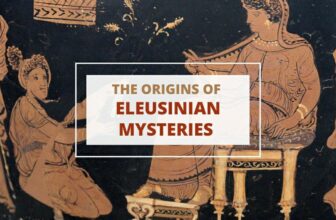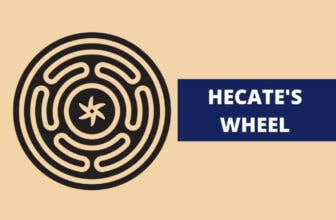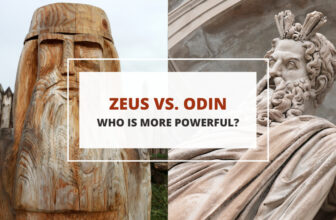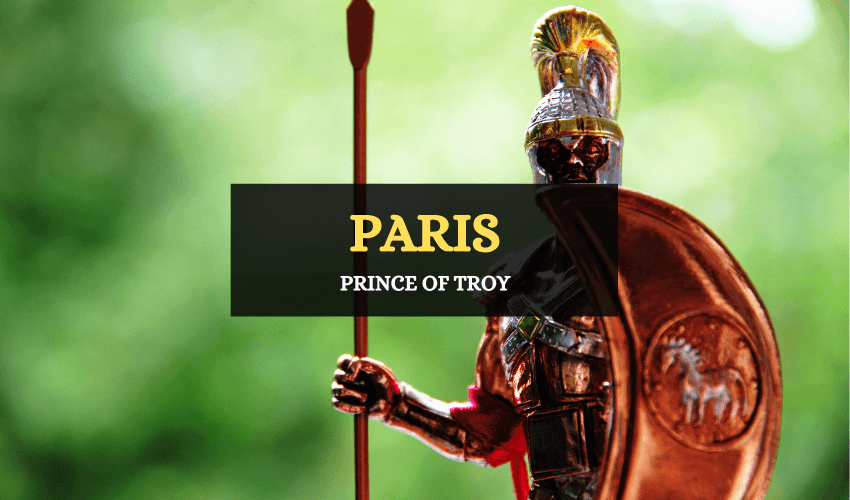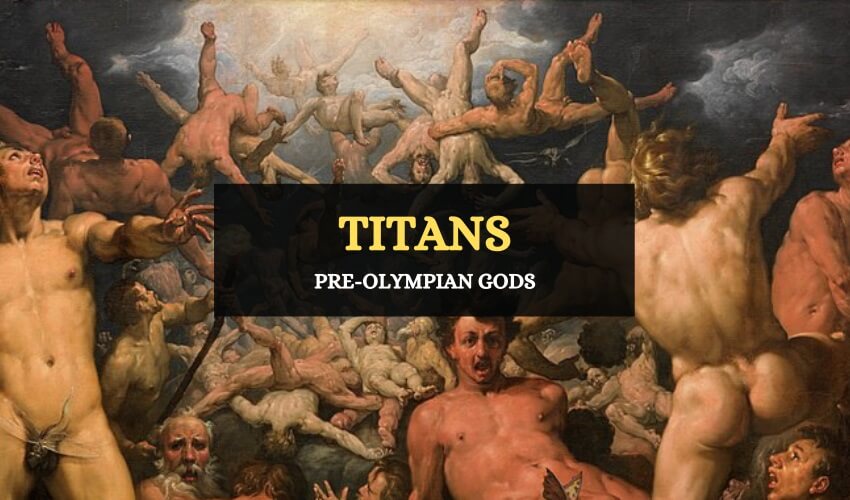
Table of Contents
Before the Olympians, there were the Titans. Powerful rulers of the universe, the Titans were eventually overthrown and many were imprisoned in Tartarus. Let’s take a look at the forgotten pantheon of Greek mythology.
Origins of the Titans
The Titans were a group of gods that ruled the universe before the Olympians. They were the children of Gaia (earth) and Uranus (sky) and were strong, powerful beings. According to Hesiod, there were twelve Titans. The narrative of the Titans being superseded by the Olympians is a central theme in Greek cosmogony (the origin of the universe) and theogony (the origin of the gods). This story is detailed most famously in Hesiod’s “Theogony,” a foundational text of Greek mythology.
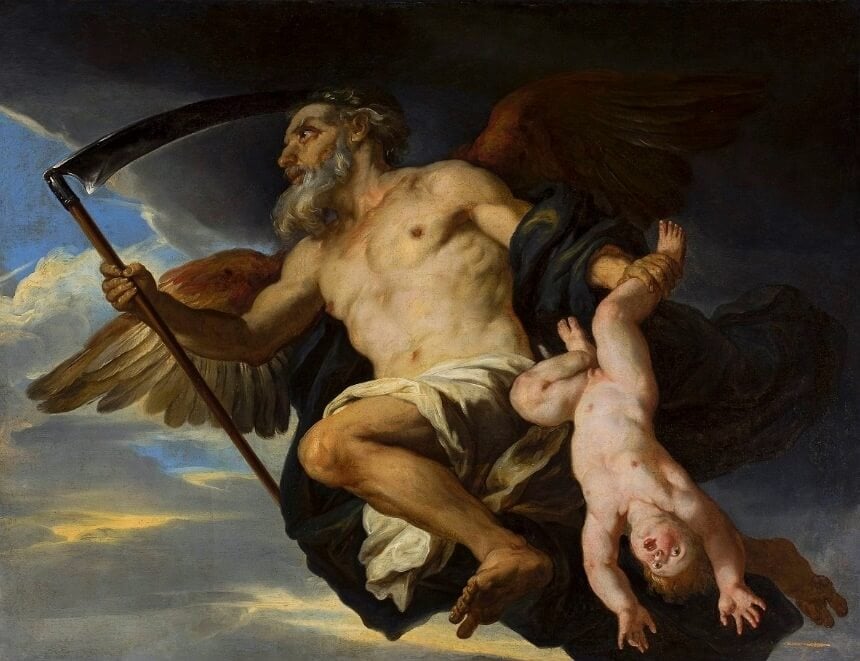
- Oceanus: Father of the river gods and goddesses as well as being the river that was believed to surround the entire earth.
- Tethys: Sister and wife of Oceanus and mother of the Oceanids and river gods. Tethys was the goddess of fresh water.
- Hyperion: Father of Helios (sun), Selene (moon) and Eos (dawn), he was the Titan god of light and observation.
- Theia: Goddess of sight and wife and sister of Hyperion, Theia is often described as being the most beautiful of the Titanesses.
- Coeus: Father of Leto and Asteria and god of wisdom and foresight.
- Phoebe: sister and wife of Coeus, her name means the shining one. Phoebewas associated with Diana, the Roman moon-goddess
- Themis: An extremely important figure, Themis is the Titaness of divine law and order. After the Titan war, Themis married Zeus and was the main goddess of the oracle at Delphi. She’s known today as Lady Justice.
- Crius: Not a well-known Titan, Crius was overthrown during the Titanomachy and was imprisoned in Tartarus
- Iapetus: Father of Atlas, Prometheus, Epimetheus and Menoetius, Iapetus was the Titan of death or craftsmanship, depending on the source.
- Mnemosyne: Goddess of memory, Mnemosyne didn’t marry one of her brothers. Instead, she slept with her nephew Zeus for nine consecutive days and bore the nine Muses.
- Rhea: Wife and sister of Cronus, Rhea is the mother of the Olympians and therefore ‘the mother of the gods’.
- Cronus: The youngest and strongest of the first generation of Titans, Cronus would become the leader by overthrowing their father, Uranus. He’s the father of the Zeus and the other Olympians. His rule is known as the Golden Age as there were no vices and complete peace and harmony prevailed.
These twelve gods are later superseded by the twelve Olympian deities. There are also parallels between these pantheons, such as Zeus, the youngest son, overthrowing his father Cronus who had swallowed his children, which mimics the myth of Cronus, also the youngest son, overthrowing his father Uranus, who had swallowed his children.
Titans Become the Rulers
Uranus was needlessly cruel to Gaia and their children, forcing Gaia to hide the children somewhere within her without giving birth to them. This caused her pain and so Gaia planned to punish him. From all her children, only the youngest Titan Cronus, was willing to help her in this plan. When Uranus came to lie with Gaia, Cronus castrated him using an adamantine sickle.
The Titans could now leave Gaia and Cronus became the supreme ruler of the universe. However, Uranus had prophesied that one of Cronus’ children would overthrow him and become the ruler, as Cronus had done to Uranus. In an attempt to stop this happening, Cronus famously swallowed all his children, including the Olympians – Hestia, Demeter, Hera, Hades and Poseidon. However, he wasn’t able to swallow his youngest son, the Olympian Zeus, as Rhea had hidden him.
Fall of the Titans: Titanomachy

Because of Cronus’ cruelty to her and her children, Rhea then planned to have him overthrown. Zeus, the only child of Cronus and Rhea, who hadn’t been swallowed, tricked his father into disgorging the other Olympians.
The Olympians then battled the Titans for rule over the universe in a ten-year war known as the Titanomachy. In the end, the Olympians prevailed. The Titans were imprisoned in Tartarus and the Olympians took over the universe, ending the age of the Titans.
After the Titanomachy
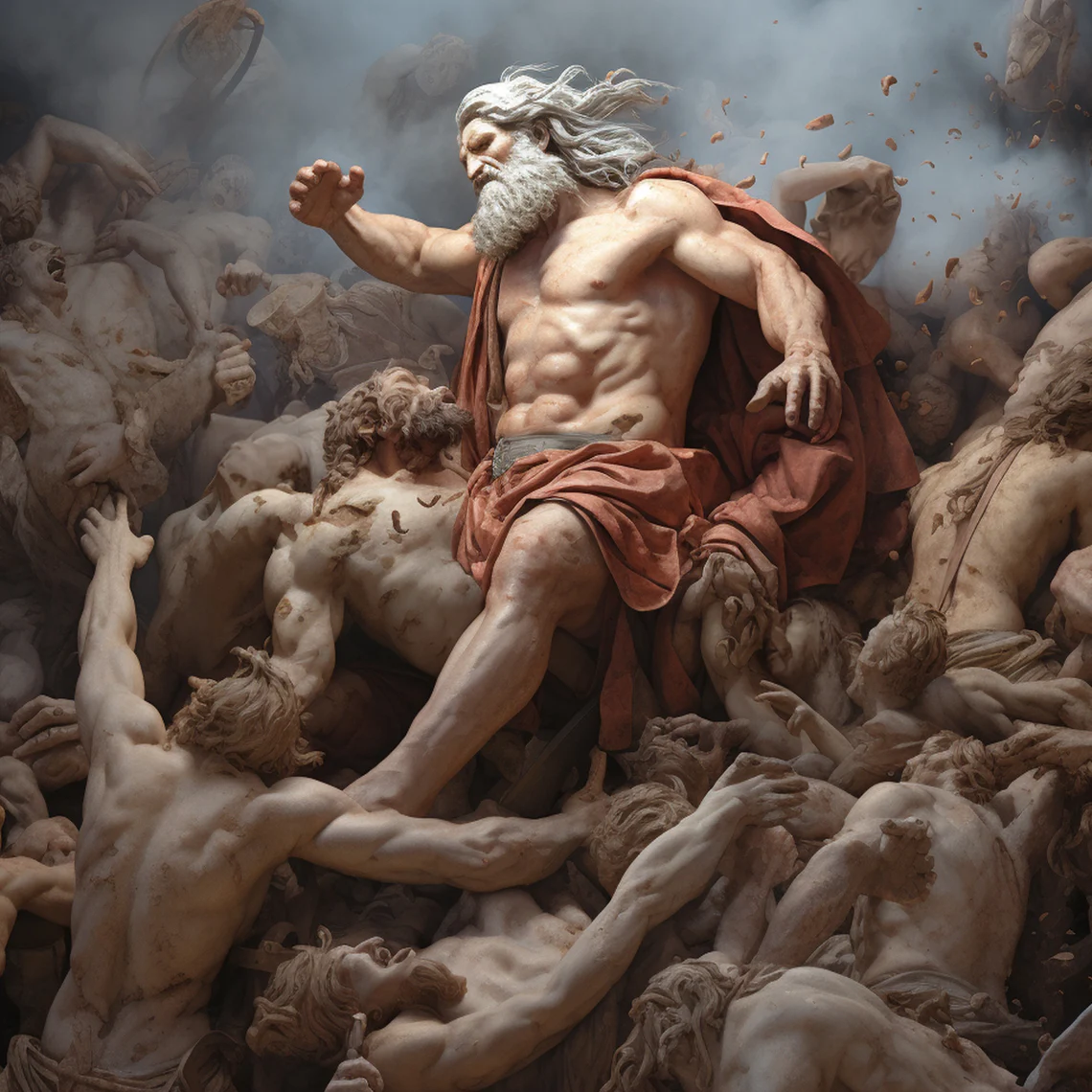
According to some sources, the Titans were later released by Zeus except for Atlas who continued to carry the celestial sphere on his shoulders. Several of the Titanesses remained free, with Themis, Mnemosyne and Leto becoming wives of Zeus.
Oceanus and Tethys famously did not participate during the war but assisted Hera during the war when she needed refuge. Because of this, Zeus allowed them to remain as gods of freshwater after the war, while the Olympian Poseidon took over the seas.
Symbolism of the Titans
As the original pantheon of Greek mythology, the Titans hold deep and significant symbolism. Here are some of the concepts that they symbolize.
- Primordial Forces: The Titans personify primal and natural elements found in the world. For instance, Oceanus represents the world-ocean that encircles the Earth, Tethys embodies the fertile fresh waters, and Hyperion represents light. Their very nature symbolizes the fundamental forces of the cosmos.
- Nature vs. Culture: The Titans, representing more primal forces, can be seen as symbolic of raw nature, while the Olympians, with their more human-like personalities and domains, might represent culture, governance, and civilization. The Titanomachy can thus be seen as a mythological reflection of the taming of wild nature to establish human civilization.
- Generational Conflict: The narrative in which Cronus overthrows his father Uranus, only to be later overthrown by his son Zeus, embodies the theme of generational conflict. This can be seen as symbolic of the natural progression of time, where the old is invariably replaced by the new.
- Cycle of Creation and Destruction: The Titans, being of the older generation, signify an older order that needs to be challenged and dismantled for the new order (the Olympians) to arise. This cyclical view of creation and destruction, of old orders giving way to new ones, is a universal theme present in many mythologies and philosophies.
- Order vs. Chaos: While the Titans did establish a form of order, their rule was associated with certain chaotic elements, such as Cronus swallowing his children to prevent being overthrown. The Olympians, after defeating the Titans, symbolize a new order, where such chaos is more controlled, hinting at the ongoing tussle between order and chaos in the cosmos.
- Rebellion: Several of the Titans were known for their fighting spirit and defiance of the gods, most notably Prometheus who stole fire against Zeus wishes and gave it to humanity. In this way, the Titans also represent the spirit of rebellion against authority, first against Uranus and later against Zeus.
- Inevitability of Destiny: The fall of the Titans also represent a recurring theme in Greek mythology, namely that you can’t avoid your destiny. What is to be will be.
The Legacy of the Titans Today
The Titans symbolize an uncontrollable force as strong, primitive yet powerful beings. Even today, the word titanic is used as a synonym for exceptional strength, size and power, and is used to signify greatness of achievement. But interestingly, many impressive achievements that were named after the Titans, had sudden, unexpected ends, like the famed ship Titanic or the recent tourist submersible Titan. This has led some to believe that the name Titan is cursed.
The Titans feature in many works of art and poetry. For example, Hyperion is an epic poem by John Keats that tells the story of the fall of the Titan gods at the hands of the Olympians.
Wrapping Up
The Titans remain one of the most important figures of Greek mythology. Children of the primordial deities, Uranus and Gaia, the Titans were a strong, hard-to-control force whose subjugation only proves the power and might of the Olympians.
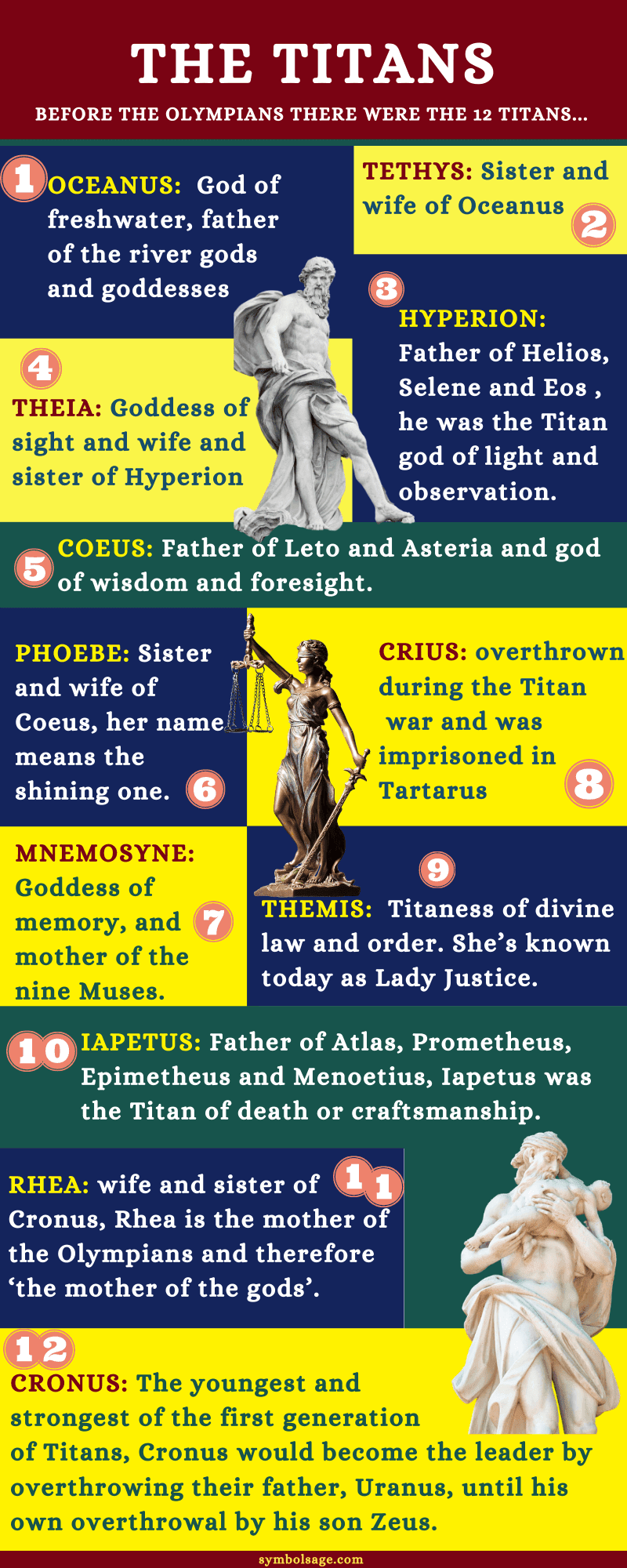
Related articles
King Midas: The Golden Touch in Greek Mythology
Silenus: God of Drunkenness and His Role in Greek Mythology
Urania (Ourania): Muse of Astronomy in Greek Mythology
The Horae – Goddesses of the Seasons in Greek Mythology




